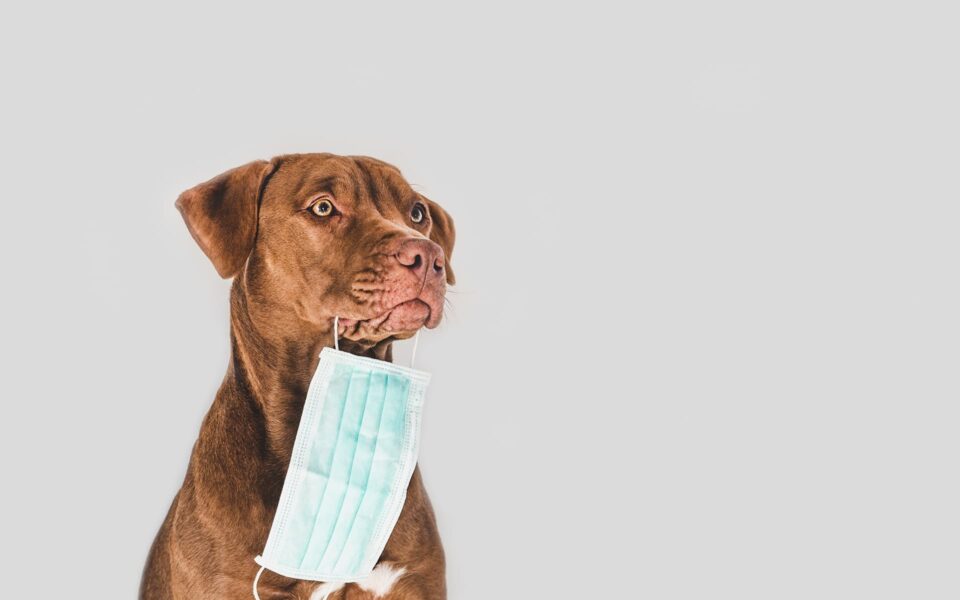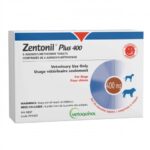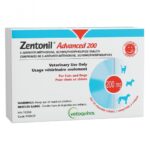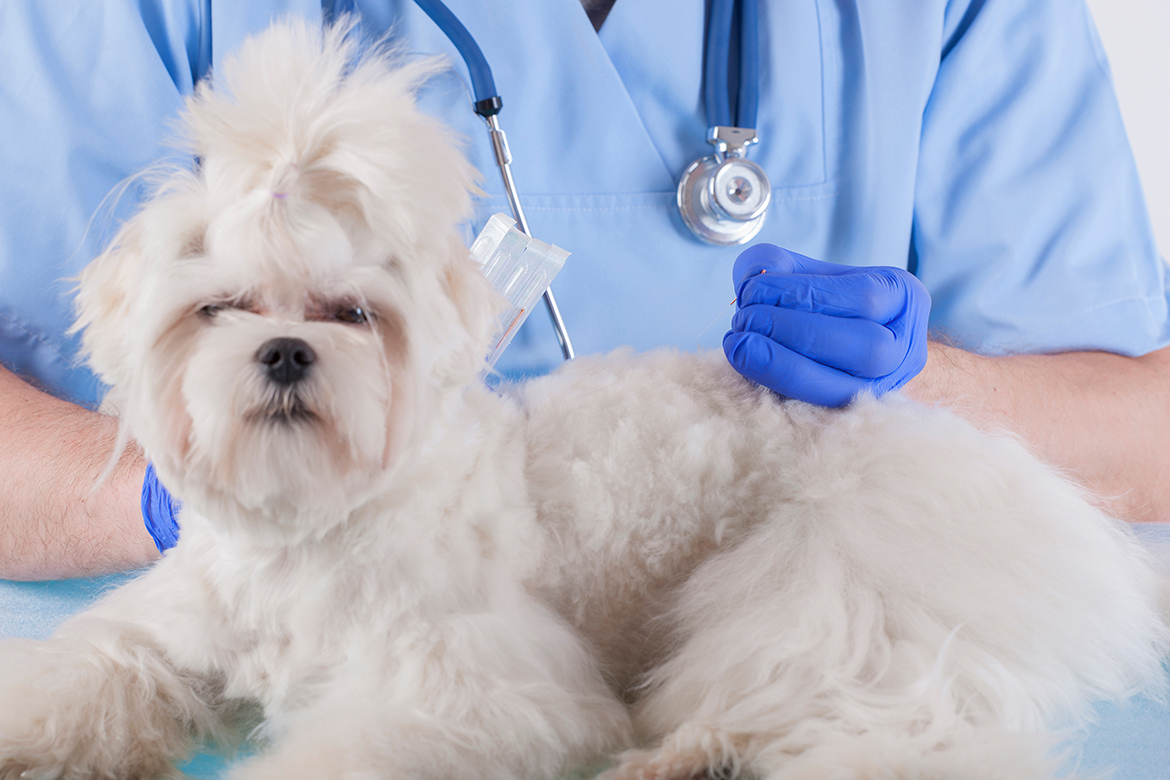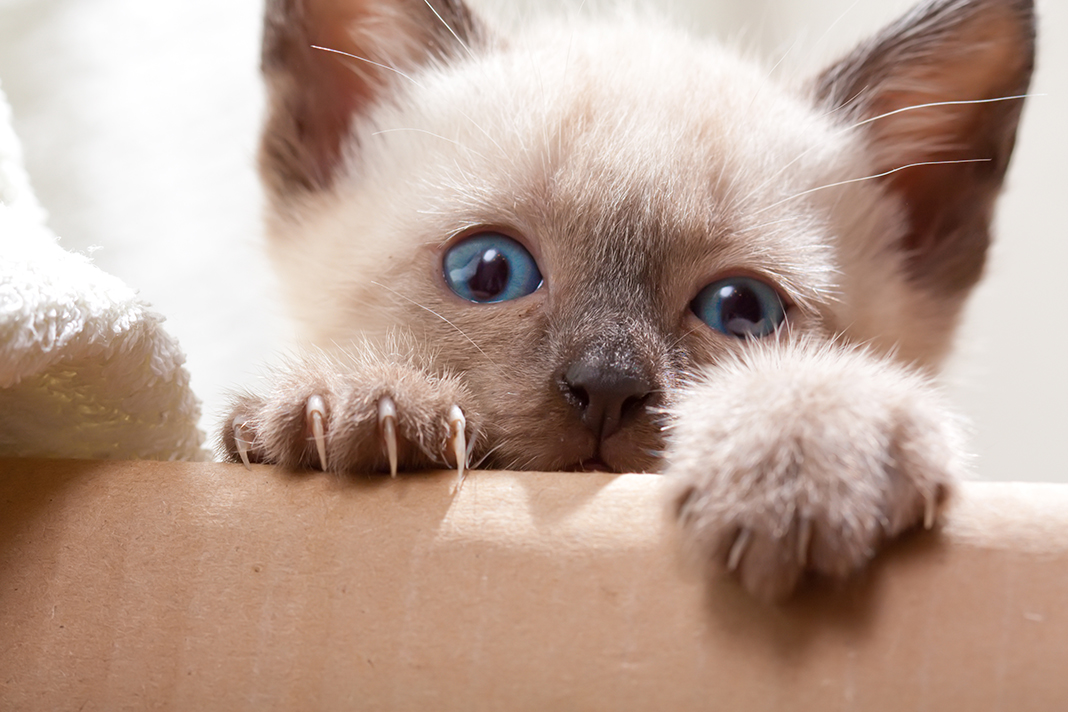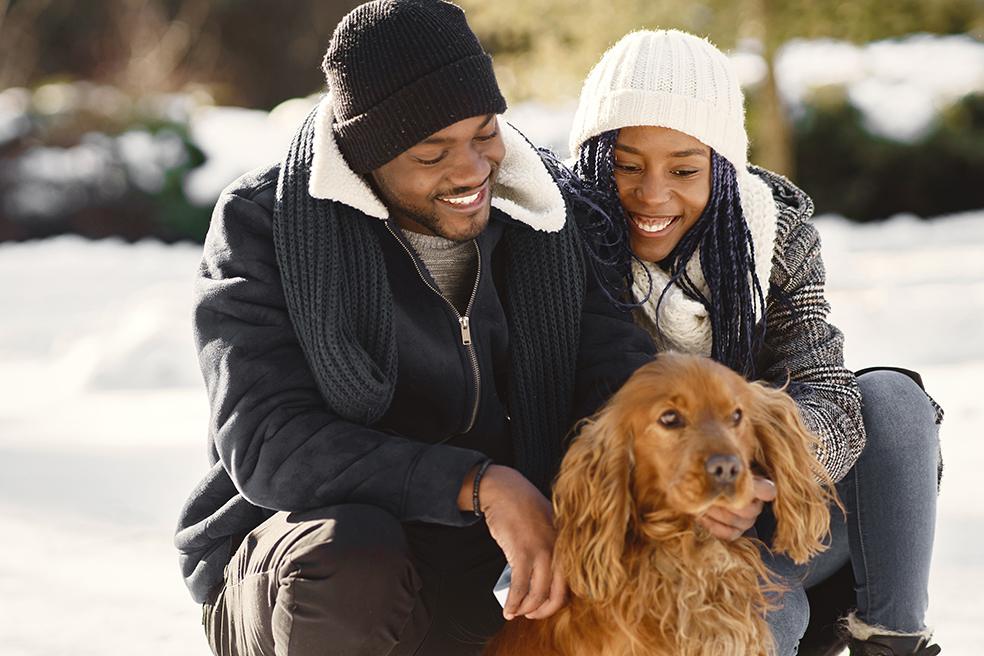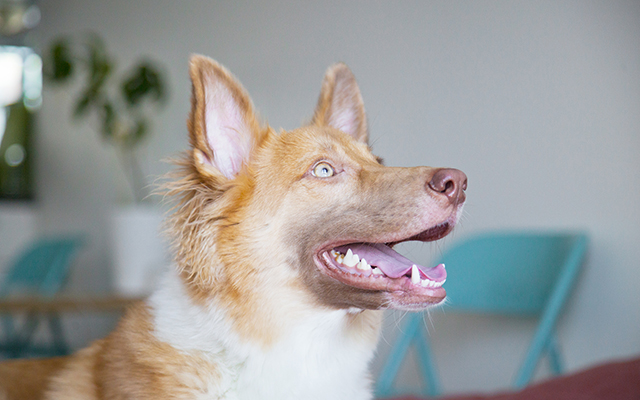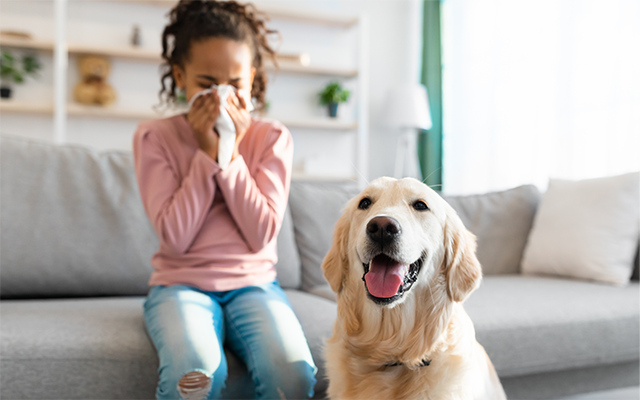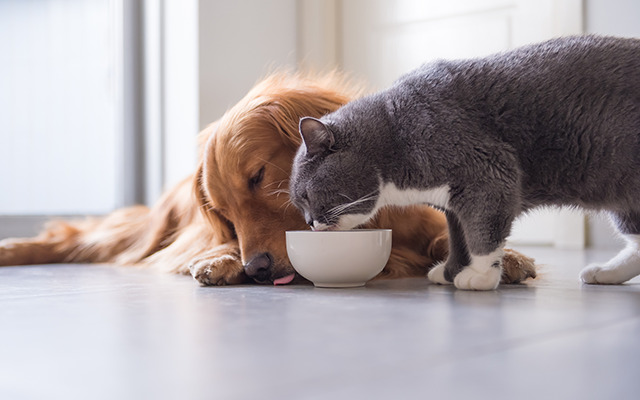Maybe your pet isn’t feeling so well, or is due for a critical vaccination that just can’t wait, what should you do? The good news is that most local governments have declared that veterinarians are essential businesses and many are open.
Before showing at the veterinary clinic…
If you have an appointment already scheduled, or need one, you should call the office first. Discuss your options with the vet staff, like postponing elective procedures or ordering supplies online. Many Animal Hospitals have their own online pharmacies to supply crucial medications, check with your clinic to find out how best to get medicine and supplies while they might not be accepting patients. Additionally, many veterinary procedures require medical supplies that are in high demand right now (like masks, surgical scrubs, gloves, and disinfectants), postponing your vet visit could free up supplies that are desperately needed in hospitals.
Expect some changes at your veterinary clinic
If you and your vet decide that the visit needs to happen expect the visit to go a little differently than some others in the past. In fact, it might not be a visit at all. Various local veterinary organizations encourage telemedicine during social-distancing orders. Telemedicine usually uses video conferencing with a provider in place of an actual office visit. Many veterinarians are enacting telemedicine policies to limit human to human contact, and even some are requiring telemedicine before a pet can come in the office for non-emergency issues.
If telemedicine is not an option, expect new policies and procedures at the animal clinic, these may include a ban from humans coming in. Some offices are telling humans to call when they arrive at the office and having office staff come out and get the pet from the car. This limits the amount of human to human contact and hopefully will limit the spread of COVID-19. Now, more than ever it is important to establish a good working relationship with your pet’s doctor. Clear communication and trust will limit the number of unnecessary procedures, but also keep your pet safe and healthy in this uncertain time.

